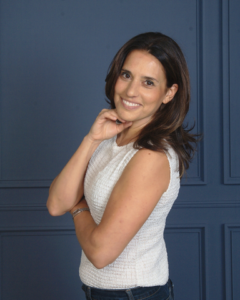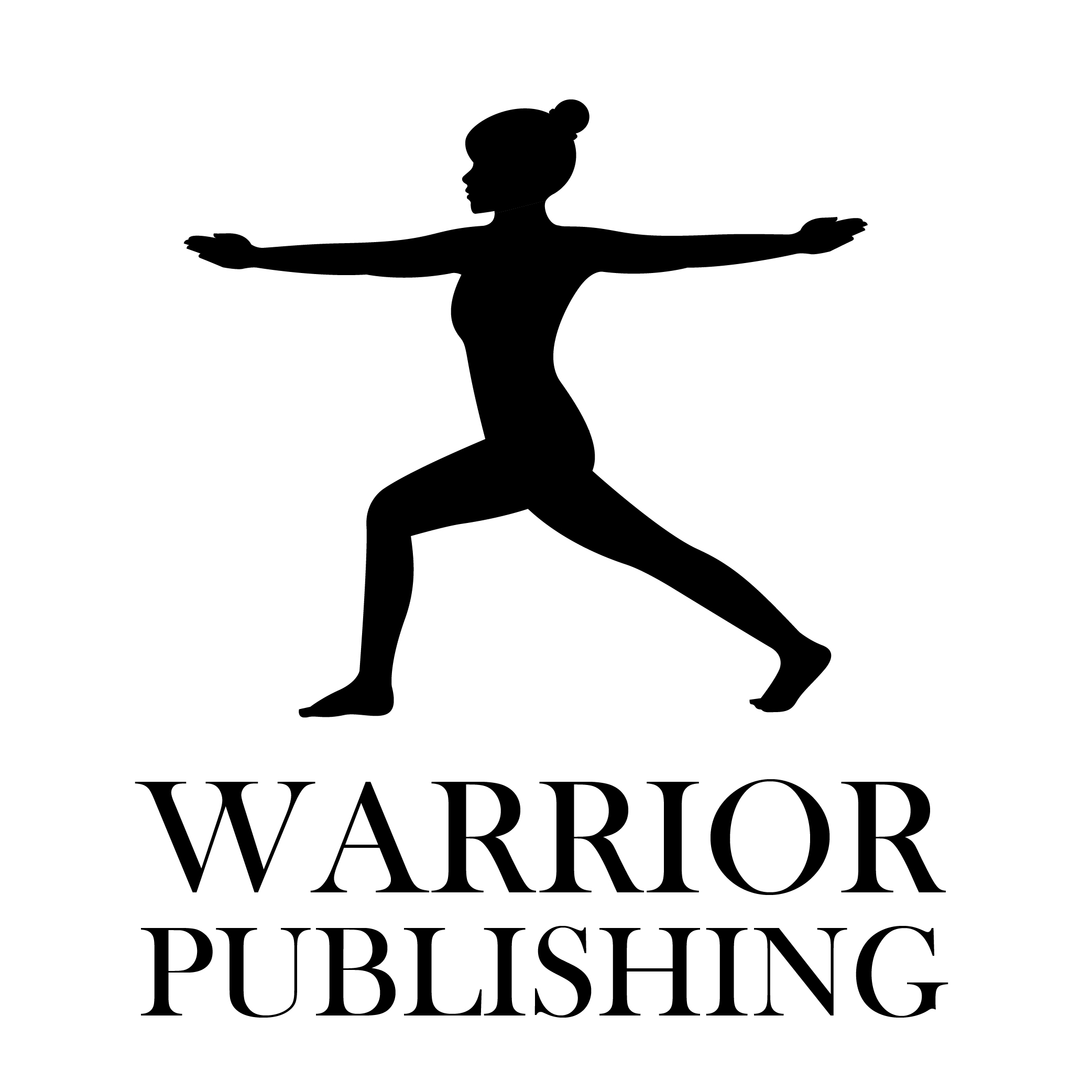The key to not becoming anxious as a result of your anxiety is to learn how to reframe it. This article shares examples of how to do exactly that so you can feel calm and confident even when faced with uncertainty.
Why You Should Reframe Your Anxiety
The conventional approach to anxiety is to avoid triggering situations. However, while avoidance offers short-term relief, it can limit personal growth and keep us stuck.
Challenging anxiety provides opportunities to build skills and confidence in managing uncertainty. With practice, anxious arousal can be tolerated without being perceived as debilitating. This allows us to take risks, learn from mistakes, and gain wisdom from challenging experiences.
Research suggests the more we avoid anxiety, the worse it gets. Stepping out of the comfort zone expands it. When we reframe anxiety as an ally rather than an enemy, we can break free of avoidance patterns.
Reframing Anxiety as a Call to Action
When we feel anxious, our natural instinct is to try to make it go away as quickly as possible. We want to return to a calm, relaxed state. However, what if we viewed anxiety not as something to avoid, but as a prompt pushing us toward important action?
This new perspective recognizes anxiety as a sign that our brain is picking up on potential threats in our environment, even if those threats are not tangible or conscious. Our brain is urging us to pay attention, assess the situation, and determine how to respond.
Rather than trying to immediately calm down, we can train ourselves to pause when anxiety strikes. We can ask ourselves what our anxiety is trying to tell us. Is there a problem we need to address or a change we need to make? Reframing anxiety as a call to action enables us to harness it in a productive way.
Tolerating Uncertainty and “Discomfort with a Purpose”
A major trigger for anxiety is uncertainty about the future. We tend to view uncertainty as threatening, when in fact it is an unavoidable part of life.
Buddhist philosophy offers a useful perspective here. It encourages developing equanimity, which enables us to tolerate discomfort rather than constantly trying to avoid it. With equanimity, we accept anxiety and uncertainty as part of the human experience, rather than labeling them as “bad” or dangerous.
When we stop fighting anxiety and instead allow ourselves to feel it fully, an incredible thing happens: the discomfort starts to fade on its own. Lean into the discomfort, rather than away from it. Let anxiety motivate you toward purposeful action to create positive change.
The Upside of Feeling Uncertain
The unease and hypervigilance associated with anxiety stems from arousal in the brain. This state of arousal compels us to take action to regain certainty and security.
While too much anxiety can certainly be counterproductive, the right amount can motivate us to step outside our comfort zones and pursue goals. Scientists are discovering anxiety can enhance focus, boost motivation, and stimulate performance across various domains including sports, academics, and the workplace.
Rather than viewing anxiety as an inhibitor, we can reframe it as a source of energy and inspiration pushing us to grow. The key is channeling arousal adaptively so anxiety fuels determination, not paralysis.
Another way to reframe anxiety is to think of it as a prompt for growth. This reorients us from a mindset of fear to one of possibility. It enables us to view anxiety as an opportunity to better ourselves or form deeper human connections.
For example, calling a friend when you feel anxious not only helps calm your nerves, but it allows you to strengthen that relationship. Pushing yourself to take on new challenges expands your abilities. Facing fears leads to personal growth.
The next time anxiety comes on strong, remember you have a choice. Rather than being paralyzed by uncomfortable sensations, try viewing anxiety as your brain signaling it’s time to rise to the occasion.
Anxiety as a Compass, Not a Roadblock
Rather than reducing anxiety, we can allow it to guide us constructively. The discomfort of anxiety signifies something important is at stake. It compels us to show up fully and channel our energy into values-driven action.
Anxiety becomes problematic when perceived as a threat rather than helpful information. Next time you feel anxious, consider: What matters is on the line here? How can I engage skillfully? Anxiety becomes an ally when reframed as a compass pointing to what’s personally meaningful.
Practical Strategies for Reframing Anxiety
Here are some actionable tips for practicing this new mindset when anxiety strikes:
- Pause and ask yourself “What is my anxiety trying to tell me?” Identify any problems that need addressing.
- Remind yourself that discomfort has a purpose – it prompts growth. Lean into the anxiety rather than resisting it.
- Focus on how anxiety can motivate positive change, like strengthening relationships, developing skills, or building resilience.
- When facing uncertainty, accept it as part of life rather than a source of danger. Tolerate the discomfort and stay grounded in the present moment.
- Consider how pushing past anxiety can lead to feelings of accomplishment and expanded capabilities.
Conclusion
Reframing anxiety as an ally unlocks its upside while mitigating its downside. Viewing anxious arousal as eustress (positive stress) rather than distress transforms our relationship with uncertainty. Rather than see anxiety as an enemy to be resisted, it can become a helpful guide to a more engaged, values-driven life.
—————————-
Burned out? Let me coach you to go from Exhausted to Extraordinary.
—————————-
Do you want to get my Burnout Checklist for free?
I’ve created a checklist to help you identify signs of burnout and steps to take to get immediate results. Curious?
Author

Dr. Sharon Grossman, AKA the Burnout Doc, is a clinically trained psychologist and subject matter expert in burnout and mental health. Associations and Fortune 500 companies hire her to be their closing keynote speaker, to help their members and executives crack the code on burnout, and create custom-tailored solutions for recovery.
Over the past 20 years, Dr. Sharon has been helping high achievers who are struggling with anxiety, overwhelm, and burnout go from exhausted to extraordinary by better understanding how their brain works and how they can design and run their programming on purpose to live the kind of life they want to live. She is the author of several books on burnout and mindset and host of the Decode Your Burnout podcast. Through her speaking, training, and coaching, she helps organizations keep their top talent.


Recent Comments